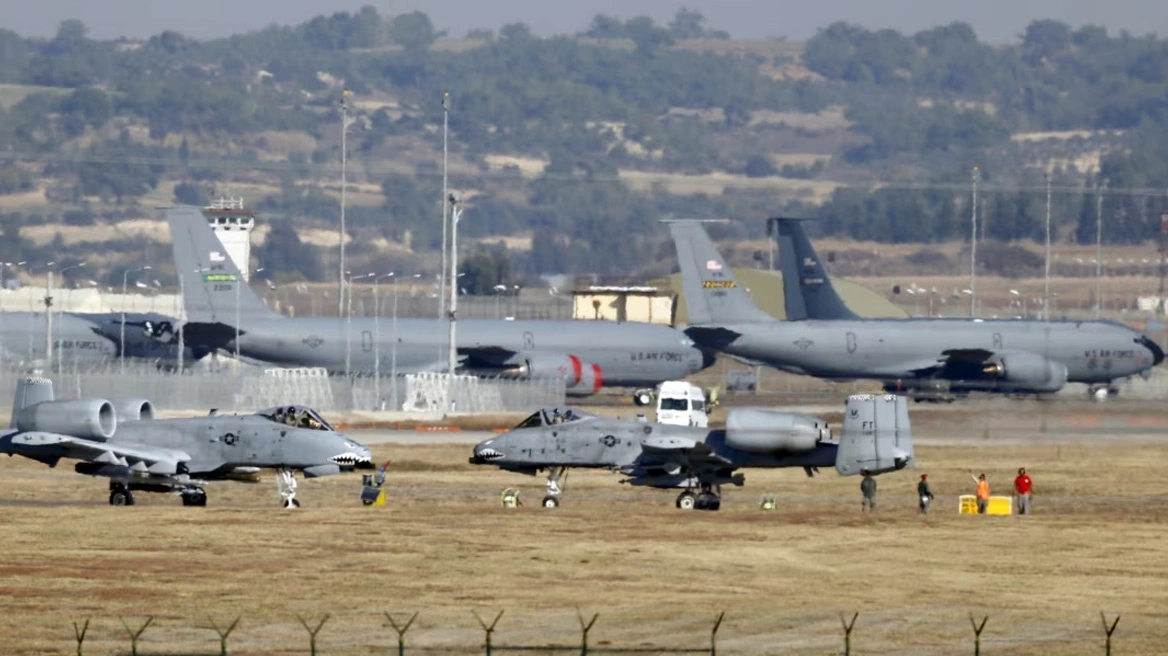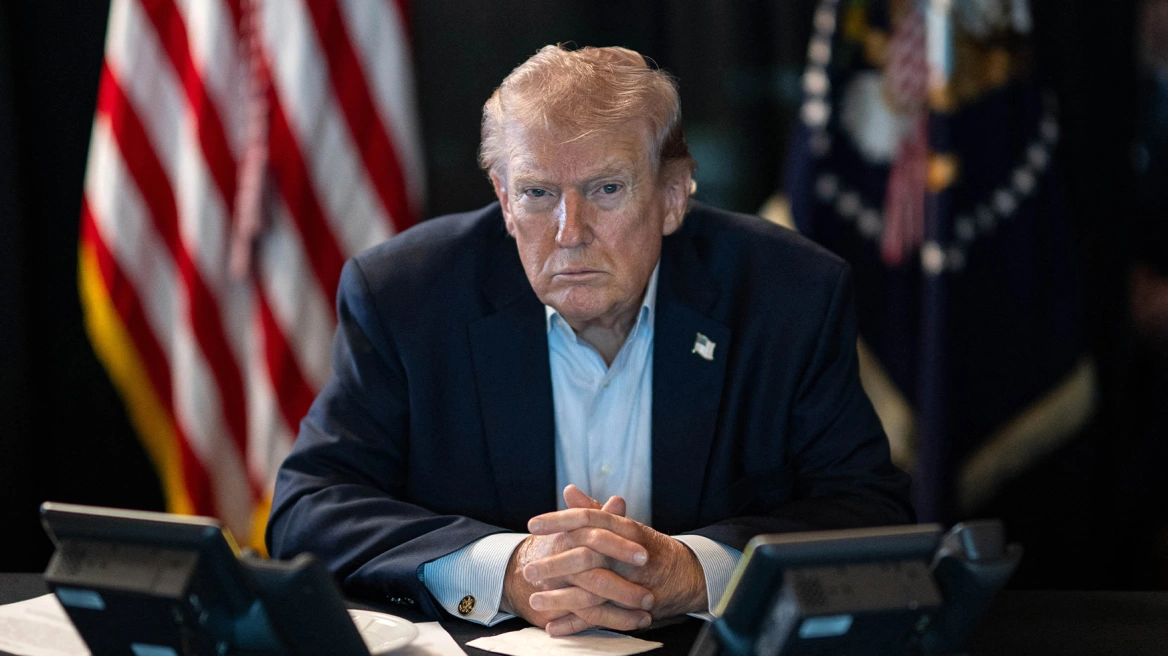Israel would consider a pre-emptive strike on Iran if it had solid evidence that Tehran was preparing to launch an attack against it, Israeli media reported after Benjamin Netanyahu meets with Israel’s security chiefs this afternoon on Sunday.
The meeting, attended by Defense Minister Yoav Gallant, IDF Chief of Staff Herzi Halevi, Mossad chief David Barnea, and Shin Bet director Ronen Barr, took place as part of Israel’s war preparations following threats from Iran and Hezbollah for attacks against it in the coming days.
It is recalled that Iran and its allies in the region threatened to retaliate after the death of the head of the political office of Hamas, Ismail Haniya, in Tehran last Wednesday and a top official of the military arm of the Lebanese Hezbollah, Fouad Shukr, a few hours earlier, last Tuesday night, in a southern suburb of Beirut. In both cases, Iran, Hamas, and Hezbollah blamed Israel.
Israel does not know what to expect from Iran and its allies and is therefore considering a wide range of options on how best to respond to or prevent an attack, local media reported.
During the meeting with Netanyahu, the possibility of launching a preemptive strike against Iran was discussed, Ynet wrote, although security officials stressed that such an action could only be given the “green light” if Israel received clear information confirming that Tehran is preparing to attack.
Jerusalem would have to verify with its own information that it receives from American agencies, but even in this case it might not ultimately choose to strike first, reports the relevant publication.
Blinken Sees an Attack by Iran and Hezbollah Today or Tomorrow
In the meantime, new concern for the situation in the Middle East is caused by the assessment that US Secretary of State Antony Blinken reportedly expressed to his G7 colleagues that Iran and Hezbollah may launch their attack on Israel within the next 24-48 hours.
In the same conference call, according to three sources cited by Axios, Blinken added that it remains unknown how Iran and Hezbollah will be struck.
The American Foreign Minister also told his counterparts that the US is making efforts to break the cycle of escalation by trying on the one hand to limit as much as possible the strikes against Israel and on the other hand to contain Tel Aviv’s response.
One of the sources also said Blinken was furious at the collapse of the latest Gaza ceasefire talks, saying Washington had a feeling a deal was close before Haniya’s assassination in Tehran.
The Group of 7 Calls for De-escalation
The Group of Seven (G7) most developed industrialized countries today called for restraint and de-escalation in the Middle East, underlining that recent events “threaten to ignite a wider conflict in the region”.
The G7 calls in its statement “once again for all parties involved not to continue the destructive cycle of retaliatory violence, to reduce tensions and engage constructively on the path of de-escalation.”
Ask me anything
Explore related questions





